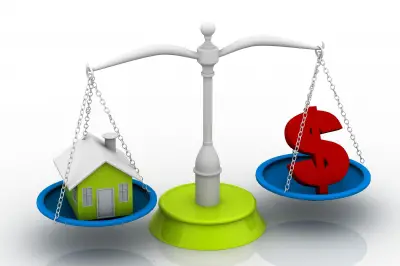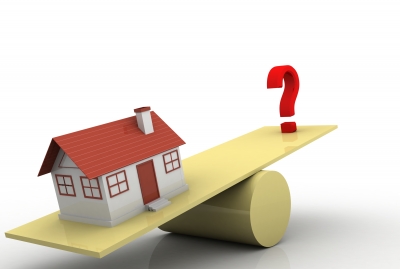Many people dream of being a homeowner. After years of paying rent, you might salivate at the opportunity of calling the shots. However, you can’t just buy a house and call it a day. Most likely, you’ll have to take a mortgage that you slowly pay off. Here are three signs you’re ready to take on a mortgage.
Stability
If you are not planning on staying in your current location for at least three years you should not consider buying a home. By the time you get done paying Real Estate commissions and other fees you will spend roughly 10% of the cost of your house both when buying and selling. Therefore if you aren’t planning on staying put for a while you will be better off renting.
Finances
If your current financial situation is not terribly sound, you should not take on a mortgage. Should you be in serious debt, you’re only going to further exacerbate it with a mortgage. Take a look at your current financial situation. Ask yourself if you’ll be able to afford all that goes into mortgages. There will be the monthly payments, plus a down payment to consider. You’ll also have things like maintenance and renovations to the house. Don’t kid yourself in this regard. Understand your financial situation and don’t let hubris get the best of you. It’s better to buy a home when you’re able to.
Expenses
As a homeowner, a large portion of your income is going to go towards your mortgage. If you have outstanding debts that have snowballed, you should avoid a mortgage for the time being. Instead, you should do everything you can to work on your current expenses. In addition to your outstanding debts, you should also address your spending habits. Put aside money in your savings specifically for your mortgage. Remind yourself of what you’re working towards. When it comes time to move into your home, you’ll be glad you took action when you did.
Credit
A mortgage is a loan, and your receiving of it depends on how well you’ll be able to pay it back. Should you have a poor credit score, banks, credit unions and other lending agencies are going to be reluctant to give you money. Do all you can to get your credit score up to par. Work on paying outstanding debts and watch your credit score gradually climb. Think of your credit score as being like a seed to plant. It won’t be a flower overnight, but through consistent watering, it will thrive. General Electric Credit Union recommends getting pre-approved before you actually start looking. They say, “Understand how much house you can afford and show realtors you’re in serious buying-mode. As a pre-approved buyer, you can act fast when you find your perfect home.” But remember that just because a lender says you qualify for “X” amount doesn’t mean that you should actually spend that. Keeping your mortgage well below what you “can afford” gives you a cushion against unforeseen circumstances like the loss of a job or illness and gives you the opportunity to pay off your loan faster if you choose to rather than always worrying about how you are going to make your mortgage payment.
Hopefully, this has given you a good idea of whether or not you’re ready to take on a mortgage. Should you have ambitions to be a homeowner, you need to mix them with fiscal responsibility. By considering this guide, you can help yourself consider whether you’re ready for a mortgage.
You might also like:


